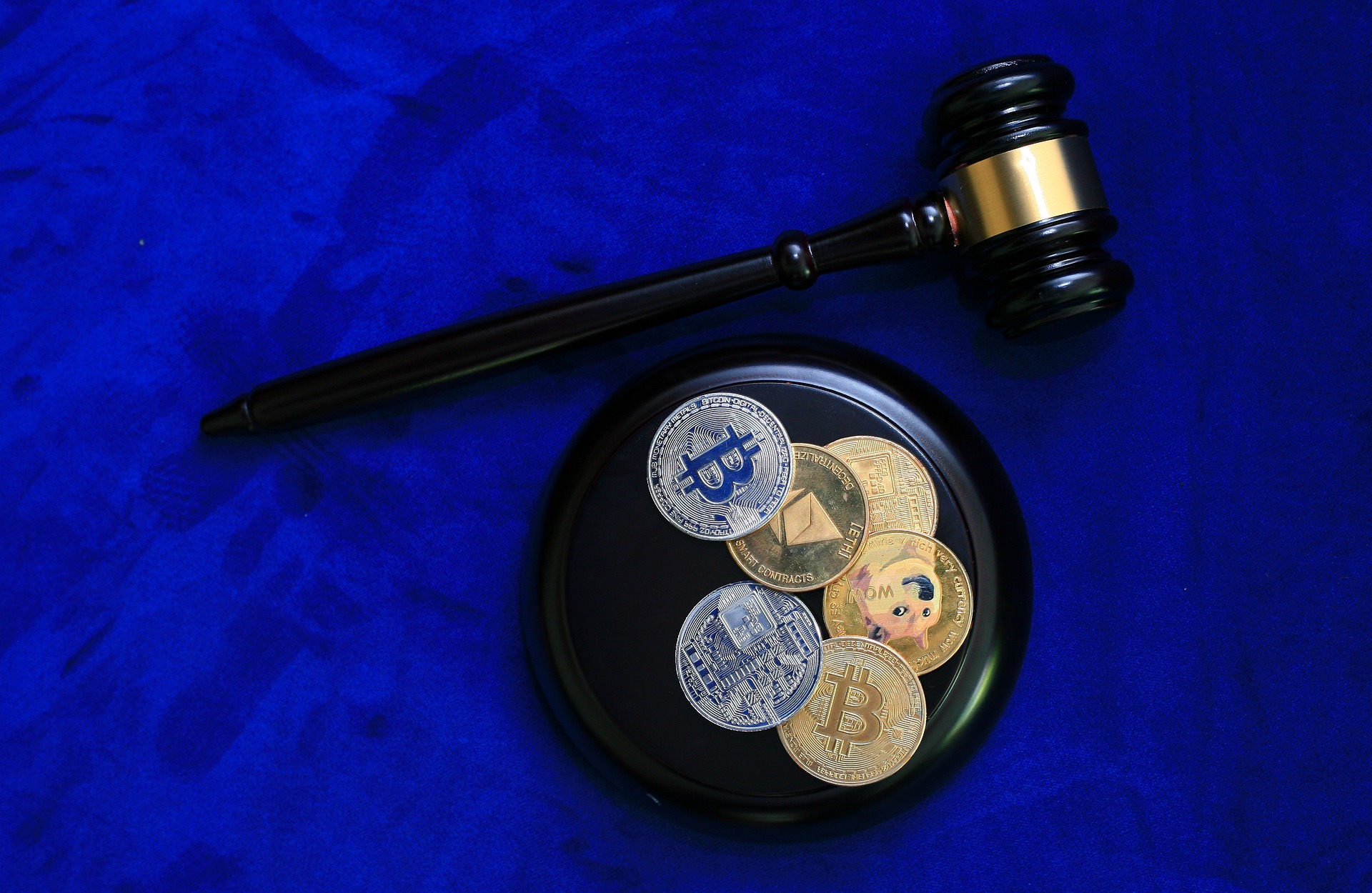Blockchain's Legal Frontier: Smart Contracts and Digital Assets
Blockchain technology is reshaping the legal landscape, particularly in the realm of smart contracts and digital assets. This emerging field presents novel challenges and opportunities for legal practitioners, policymakers, and businesses alike. As distributed ledger technology continues to evolve, it's crucial to understand its implications for contract law, property rights, and financial regulations.

Smart contracts operate on blockchain platforms, ensuring transparency and immutability. This characteristic poses challenges to traditional contract modification and termination processes. Legal frameworks must adapt to address issues such as contract interpretation, liability for coding errors, and jurisdictional concerns in decentralized networks.
Digital Assets and Property Rights
The proliferation of digital assets, including cryptocurrencies and non-fungible tokens (NFTs), is forcing a reevaluation of property law concepts. These intangible assets blur the lines between traditional property categories, challenging existing legal definitions and ownership structures.
Courts and legislators are grappling with questions of how to classify and regulate digital assets. Are they securities, commodities, or a new asset class entirely? The answer has significant implications for taxation, inheritance, and consumer protection laws. Moreover, the global nature of blockchain networks complicates jurisdictional issues in disputes over digital asset ownership and transfer.
Regulatory Challenges and Responses
Governments worldwide are struggling to keep pace with blockchain innovations. The decentralized nature of blockchain networks often conflicts with centralized regulatory approaches, creating a tension between innovation and oversight.
Some jurisdictions are taking proactive steps to create blockchain-friendly regulatory environments. For example, Wyoming has passed legislation recognizing direct property rights in digital assets and establishing a regulatory framework for crypto banks. At the federal level, agencies like the SEC and CFTC are working to apply existing regulations to blockchain-based financial products.
Legal Implications for Data Privacy and Security
Blockchain’s immutable and transparent nature presents unique challenges for data privacy laws. The technology’s promise of enhanced security through cryptography must be balanced against individuals’ rights to data protection and the right to be forgotten.
Legal professionals are exploring how blockchain can be reconciled with regulations like the EU’s General Data Protection Regulation (GDPR). Solutions such as off-chain storage of personal data with on-chain hashes are being developed to address these concerns. However, the fundamental conflict between blockchain’s immutability and data privacy principles remains a significant legal hurdle.
The Future of Legal Practice in a Blockchain World
As blockchain technology matures, it’s likely to transform many aspects of legal practice. Smart contracts could automate routine legal processes, while blockchain-based systems might revolutionize record-keeping in areas like real estate and intellectual property.
Legal education and professional development will need to evolve to equip lawyers with the technical knowledge necessary to navigate this new landscape. Understanding coding principles and blockchain architecture may become as crucial for future lawyers as traditional legal research skills.
Navigating the Legal Blockchain Frontier
The intersection of blockchain technology and law represents a dynamic and rapidly evolving field. As smart contracts and digital assets become more prevalent, legal systems worldwide will need to adapt to ensure adequate protection for individuals and businesses while fostering innovation.
Legal professionals have a crucial role to play in shaping this emerging landscape. By engaging with technologists, policymakers, and industry stakeholders, they can help develop robust legal frameworks that harness the potential of blockchain while mitigating its risks. As we stand on the cusp of this technological revolution, the legal community must remain agile and forward-thinking to effectively navigate the blockchain frontier.






